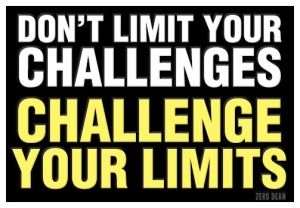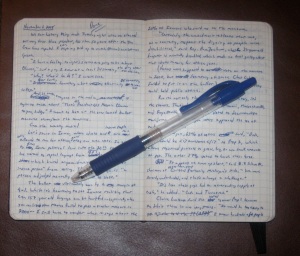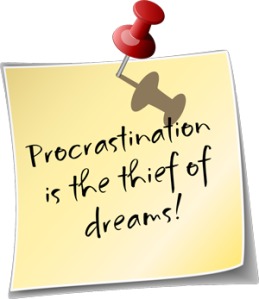
Many writers I know portray themselves as being confident, happy go lucky writers on the outside but, on the inside, they can be quavering in their boots with lack of confidence.
Instead of thinking I can do this, I can reach great heights, they may think, It’s not worth writing; I’ll never get anywhere. I’m not a real writer. I know I have these thoughts more often than I care to admit too. But I also know thoughts like these zap my energy; my writing energy. There are times when my confidence is, admittedly, dangerously low, that I have stopped writing altogether, not just for a day or two but for weeks at a time.
The following are some tips that I have learned over the years that help me over come my lack of confidence and get that pencil scribbling on paper again.
Talk about the writing process with others
All writers have times when they feel like quitting. By reading or discussing with them what they have to say, you’ll realize the difficulties you’re having are completely normal. George Orwell once stated: Writing a book is a horrible, exhausting struggle, like a long bout of some painful illness. One would never undertake such a thing if one were not driven on by some demon whom one can neither resist nor understand.
Start and Finish a Writing Project
I never finish anything. Does that sound familiar? A huge stack of incomplete projects can be really discouraging. But this can be turned around. Pick one project to focus on, a small one to begin with even if its just a short poem or a short story, and finish it. Sure, it won’t be perfect, but nothing is and, you’ll have learned a lot in the process.
Keep Learning Your Craft
To continue to learn is to grow as a writer; not only your confidence but also your skills. You can learn from blogs, books, magazines, talks, courses, whatever fits into your life. It doesn’t matter how. What matters is that you do keep on learning. And, if you come across tips you’re already following, celebrate! You’re getting it right.
Share Your Work With Other Writers
This is perhaps the scariest step for any writer. But it’s also a hugely rewarding one. Regardless of feedback received, it is an amazing feeling to have someone read your work, to critique it, to learn from it. You might want to ask, What do you think is working well? and What could I improve? Good feedback will help you strengthen your story. You’ll gain confidence as you realize that, while your current draft might not be perfect, you now have ways to improve it.
Get Your Inner Critic to behave
Your inner critic is that little voice saying, This sentence isn’t working or Your dialogue is too bland or You need to rewrite that bit. You don’t need to listen to that voice when you’re drafting. Remind yourself that you can edit later and then your inner critic will be useful rather than discouraging.It’s worth experimenting with different ways to block out that voice as you write. Some writers like to play music, some like to have long sessions which gets them into a rhythm. Do what you need to do to switch off and get into the flow.

Don’t just set yourself goals, accomplish them
As writers, we all have different goals. Some of us may make a goal to write every day, others of us once a week. The main idea of it though is to stick to it, whatever you choose. Keep your goals small; little steps that are achievable. Don’t overload yourself with too many expectations; keep your goals challenging but not so difficult that those thoughts of giving up begin creeping in.
Get Paid for Something You Wrote
One wonderful confidence booster is to get paid for your writing. That might come in the form of a competition prize, or a fee from a magazine, blog, or other publication. It could mean self-publishing your novel or a short story collection and selling it e-book form. Don’t be afraid to submit your work to editors. Rejections are painful—but all they mean is that your story wasn’t right for one particular person on one particular day. Getting paid might take time, and it might well mean writing something different, perhaps an article for a magazine or a post for a blog that pays guest authors. But, when you receive money for your work, it’s a wonderful validation that your writing is valuable.



















